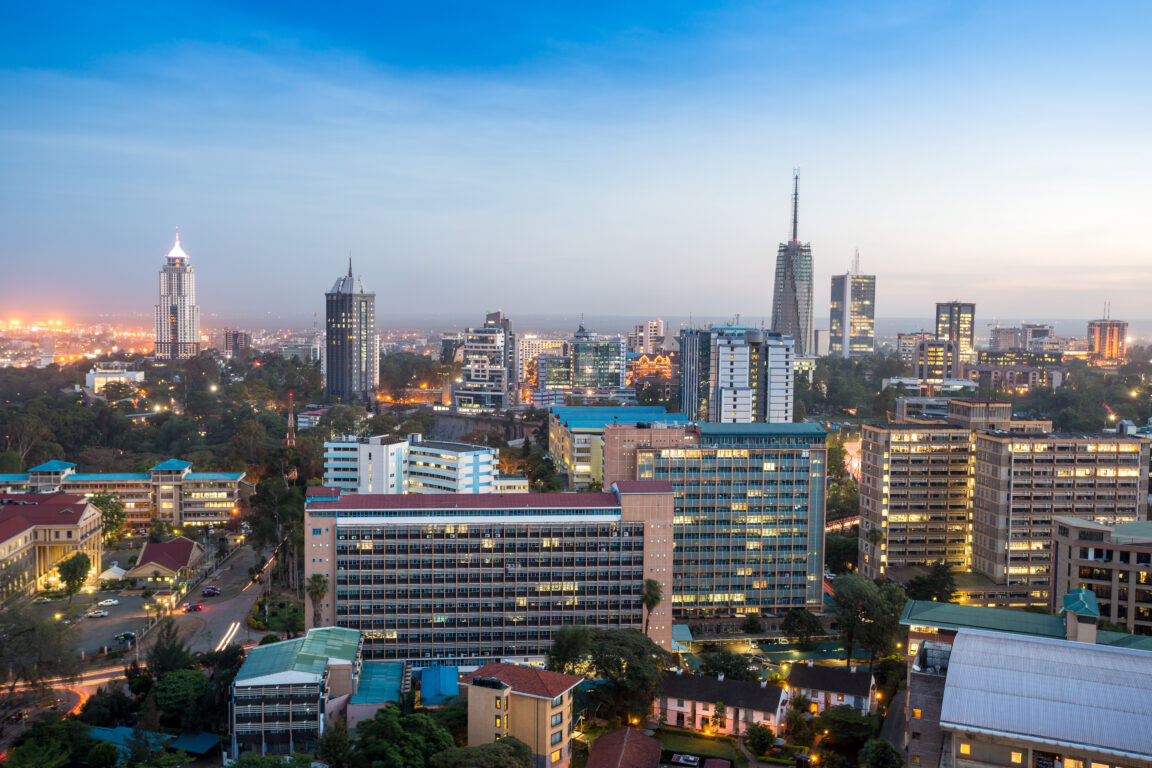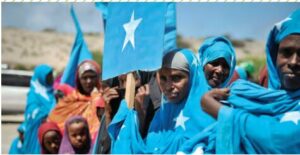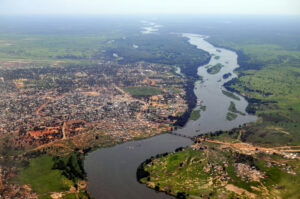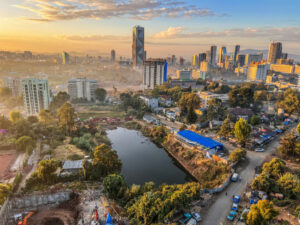Trade and Financial Services Round-Up: Issue No. 5 of 2025

Kenya
Treasury approves valuation of assets under a new reporting system
The National Treasury has approved the valuation of all assets that Kenya owns as part of an ongoing process to shift the government’s operations to a new financial reporting plan by 2027. Kenya has set a three-year (2024/2025-2026/2027) roadmap towards fully shifting its financial transactions to an accrual basis of accounting from the current cash-based system, with the aim of consolidating the State’s total assets and liabilities onto a single balance sheet that provides the government’s true financial position and help save on the exorbitant cost of foreign loans.
(The East African)
Uganda
 Uganda frees NGOs and churches from anti-money laundering reporting rules
Uganda frees NGOs and churches from anti-money laundering reporting rules
The Ugandan Parliament decided to remove NGOs and churches from the list of reporting entities under the Ugandan Anti-Money Laundering Laws to minimise the possibility of over-regulations and cut compliance costs. This development bears a stark contrast to years of political harassment and oppression suffered by NGOs since 2010.
(The East African)

Tanzania
Zanzibar focuses on improved infrastructure to lift blue economy
The Minister for Infrastructure, Communication and Transport stated that strong and reliable infrastructure is crucial for Zanzibar to successfully implement its blue economy development plans. Well-developed infrastructure will accelerate positive economic growth and contribute to the realisation of the Zanzibar Vision 2050.
(Daily News Tanzania)
 Somalia
Somalia
USAID freeze paralyses NGOs aiding millions of internally displaced people
The signing of the executive order by President Trump that resulted in the freezing of USAID funding to developing and third-world countries has left several thousand displaced individuals in Somalia uncertain about their access to food rations and medication. Somalia, a nation grappling with a home-grown Islamic extremist insurgency, relies almost entirely on foreign aid to support the 3 million people displaced by armed conflict, according to the UN refugee agency.
One of the hardest-hit organisations is the Somali Young Doctors Association, or SOYDA, a key provider of medical assistance in the camps. Its founder, Dr. Abdiqani Sheikh Omar, a former top official in Somalia’s health ministry, stated that the abruptness of Trump’s announcement has destabilised their programmes. In 2025, Somalia was scheduled to receive £125 million in USAID support for programmes that may now become “null and void,” he noted. To address funding shortages, his group has decided to prioritise critical nutrition and hygiene programmes.
(Washington Post)
 Rwanda
Rwanda
Kagame, Emir of Qatar discuss bilateral relations
President Paul Kagame and the Emir of Qatar, Tamim bin Hamad Al Thani, met in Doha on Wednesday, February 12. The two leaders discussed the continuous positive bilateral relations between Rwanda and Qatar and partnership in key sectors. The two countries have cooperation in various sectors, including defence and security, as well as aviation. Qatar Airways has a cooperation with RwandAir in passenger and cargo operations.
(The New Times)

South Sudan
South Sudan’s economy set for strong rebound in 2025 as oil exports resume
South Sudan’s economy is expected to grow by 17% in 2025 after shrinking by 24.5% last year, thanks to the recovery of oil production and exports. These had been severely impacted by the rupture of a key pipeline in February 2024, according to a report by Fitch. The report highlights that one of the two pipelines transporting South Sudan’s oil to Port Sudan on the Red Sea was damaged about a year ago. The rupture was caused by the ongoing conflict between Sudanese generals Abdel Fattah al-Burhan and Mohamed Hamdan Dagalo in neighbouring Sudan.
(Ecofin Agency)

Ethiopia
Ethiopia’s transition to self-sufficient wheat producer demonstrates Africa can feed itself: President Taye
President Taye Aske-Selassie underscored that Ethiopia’s historic transition from a wheat importer to a self-sufficient producer sends a powerful message that Africa can feed itself. This comes on the backdrop of a three-day international conference on irrigation and climate-resilient production in Addis Ababa. The President stated that Ethiopia’s Green Legacy Initiative is a clear testament to the country’s continued commitment to preserving and sustaining the environment, which is one of the compelling success stories of climate-conscious food production.
(ENA)

